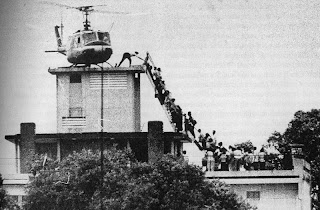 |
| Just two snakes hanging out. Nothing strange at all... |
The other week, I traveled to the exotic land of New Jersey (exotic to me because I have never been there except that one time where I needed to rent a car and didn't want to drive out of Manhattan). I wanted to catch a matinee of Mary Zimmerman's "The White Snake." This was my first Mary Zimmerman production, so from her reputation, I knew what I was getting into: fairy tales, puppets, intricate costumes and a general sense that the entire thing was a magical fable rather than a naturalistic play.
"White Snake" was based on an ancient Chinese fairy tale, about a magical snake who can turn into a woman. She then falls in love with a man. Like other fairy tales/myths about inter-species relationships, you can probably guess that it doesn't end well. But you don't come to a Mary Zimmerman show because you want to be preoccupied with plot. You go to a Mary Zimmerman show for the same reason you go to a Julie Taymor show, because it looks so damn beautiful. Just look at this picture:
 |
| I want costume designer Mara Blumenfeld to make me a Halloween costume. |
Yet what "The White Snake" also showed me was how an artist of a particular background, in this instance a white woman, can represent a background different from her's, ancient China, and do it respectfully without stereotyping or exoticizing the people in it.
How did she do it? Inspired by the recent protests around a touring production of "Miss Saigon" (a musical that is a textbook example of how not to write about a foreign culture), I've developed an easy list of 5 bullet points, inspired by "The White Snake" about how to successfully play with another culture and not offend the people in that community.








